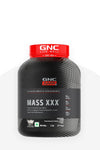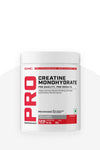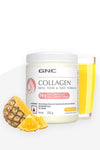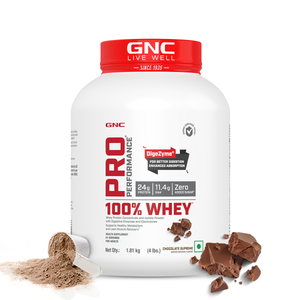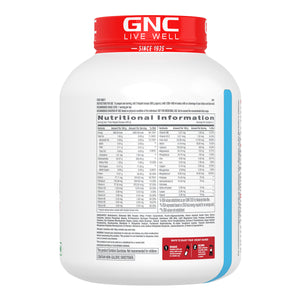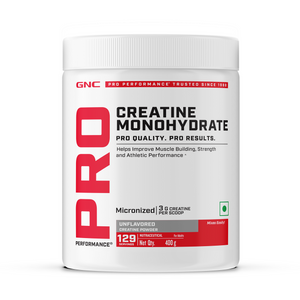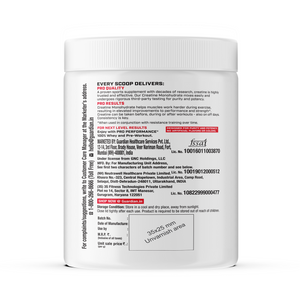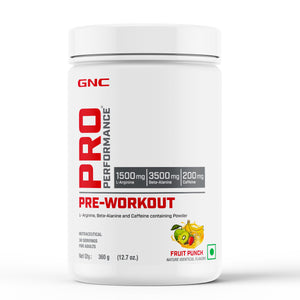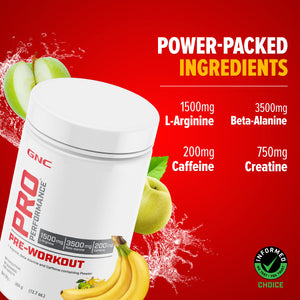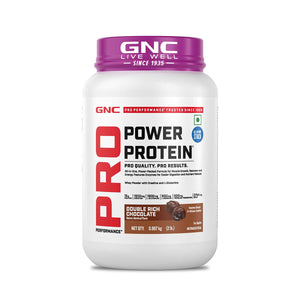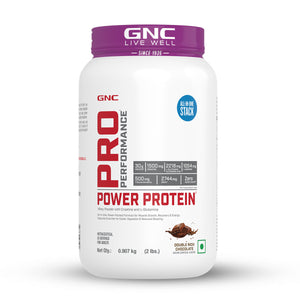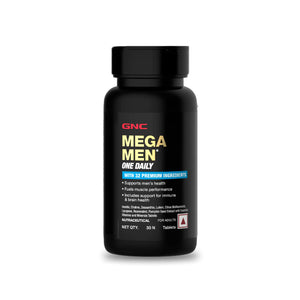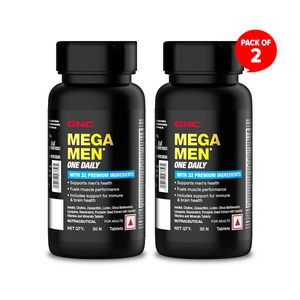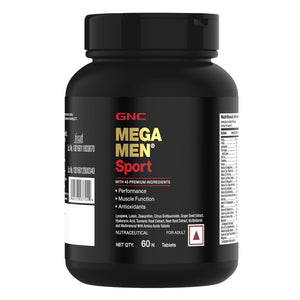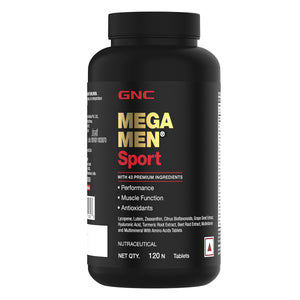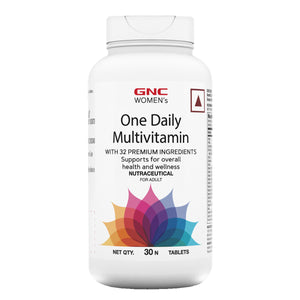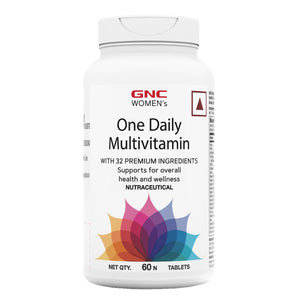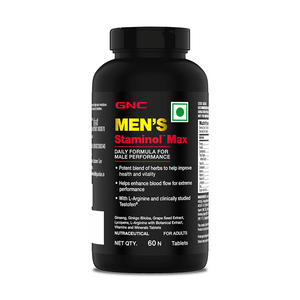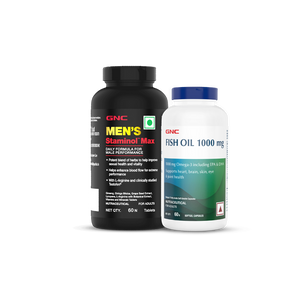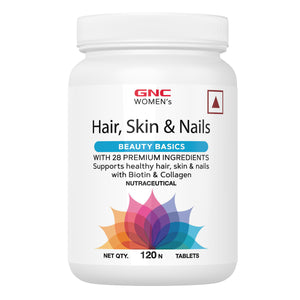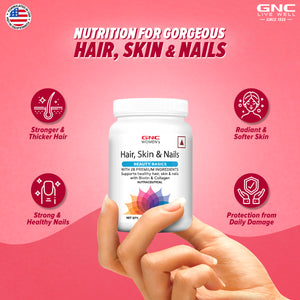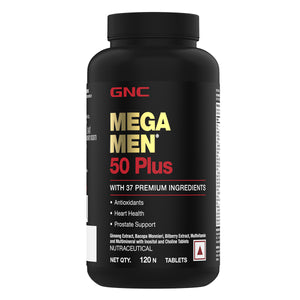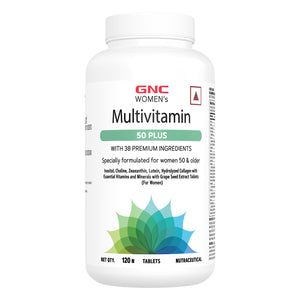
A balanced, nutrient-rich diet is important for energy and good health. We all need our share of minerals, vitamins, proteins, and other nutrients to keep up with the daily grind. But time has become a luxury. Long working hours, grueling commutes and ever-changing meal times keep us from getting our daily dose of essential nutrients. More often than not, health takes a back seat to other priorities.
The funny part is, we unknowingly do just the opposite of what we should be doing to live healthily. Our life is more hectic than active and extremely sedentary. We spend long hours at the desk and short hours sleeping. We all wish or try to do our bit by eating right and exercising. But in reality, most of us do not meet our daily nutritional requirements.
Supplements provide us an easy way to fill this gap. They are available in the following different categories:
- Weight Management
- Mass/Muscle Gain
- Multivitamins
- Essential Fats, Omegas and Fish Oil
- Herbs and Natural Remedies
- Fitness Proteins
- Digestion and Superfoods
Each of these has its functions and a role to play.
Supplements have earned their place in the circle of health and wellness and they’re here to stay.
Unfortunately, ignorance and part knowledge have spawned many misconceptions and myths regarding supplements.

Myth 1: Supplements are Harmful
This is probably the biggest myth surrounding supplements. Supplements make up for our dietary deficiencies. They can be 100% natural or synthetic. The synthetic ones may not have the effective transporters associated with natural supplements. Different types of supplements serve different purposes. Some aid in muscle recovery and growth while there are others like magnesium and Vitamin B-complex, which help deal with stress and anxiety. Supplements keep you fit and healthy. But, if you take them without proper guidance or take the wrong ones, then your body will either flush them out or in some cases may cause health issues. E.g. those who are sensitive to stimulants should avoid supplements containing caffeine.
Myth 2: Protein Supplements are Only for Athletes
This is a big misconception. Yes, athletes use protein supplements for enhanced workouts. But, there are different kinds of proteins for different fitness goals. You don’t have to be an athlete to need supplements to keep you going. E.g. do you know that balanced protein intake can prevent age-related muscle atrophy? Muscle tissue is always breaking down, regenerating and changing. If you are not getting your recommended protein intake from your regular diet, the breakdown accelerates. Protein supplements will help you catch up with your daily protein requirement and keep your muscles healthy. Taking the right ones at the right time is the key to get the best performance out of your supplements. It’s better to follow the experts’ advice to attain your fitness goals responsibly.

Myth 3: All Multivitamins are the Same
No, all multivitamins are not the same. Multivitamins ensure that you get your requisite dose of essential vitamins. Generally, manufacturers tend to sell anything with two or more vitamins as multivitamins. They could be a blend of the vitamin b-complex, herbs, and medicines, anti-oxidants or different vitamin alphabets. So, it is important to know what you are taking. Take the time to read labels and ensure that you don’t exceed your body’s requirements.
Myth 4: Most People Do Not Need Supplements
Most of us can get our required dose of nutrients from a well-balanced, healthy diet. But not all of us have the luxury of a regimented lifestyle. There are inevitable gaps in our nutritional requirements. If your lifestyle is inhibiting your health goals, supplements will help you attain the right balance by filling your nutritional gaps. A certified nutrition expert will closely examine your health history, diet and lifestyle before prescribing you the right supplements in recommended doses.
Myth 5: More Supplements Mean Better Health
Certainly not! The maxim “Too much of a good thing” is especially true with supplements of all types. Even harmless sounding multivitamin or mineral pills can lead to toxicity. E.g. Fat-soluble vitamins like A, D, E, and K have the tendency to be retained in the body. Even water-soluble vitamins like B and C can cause toxicity in excess. Supplements work best in the right dosage.

Supplements are essential for good health. They fill the gaps in your nutritional deficiencies. When done right, supplements fortify you, boost your immunity and ensure your overall wellness.
So, educate yourself about nutrition and supplements, but let the experts guide you. You will be better equipped to play an active role in your own wellness. After all, prevention is always better than cure. Please consult with your child’s pediatrician before giving them any supplements.
While there are many brands available in the market, not all of them are based on a scientific foundation or use tested quality ingredients. Make sure to take only the brand prescribed to you by your doctor or nutrition expert and do check the label to understand its nutritional values. Also, when buying your supplements, ensure that you buy trusted brands over mushroom growth of products that sell as supplements.



